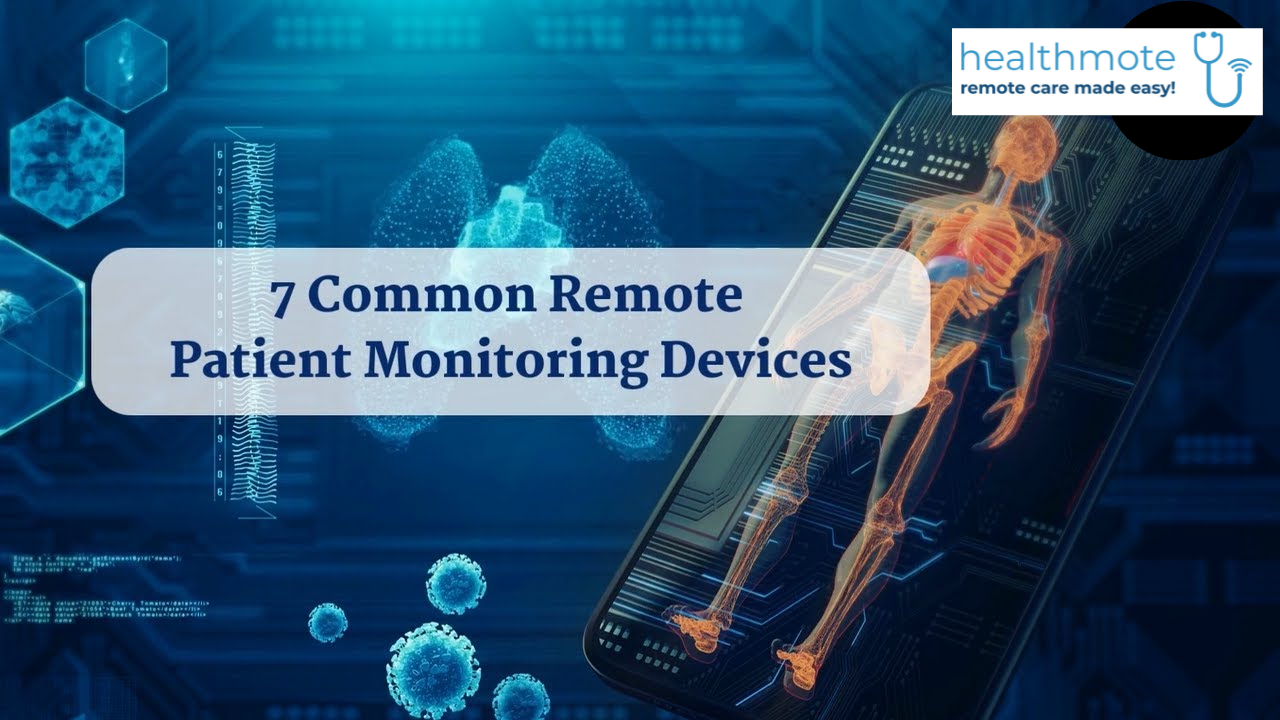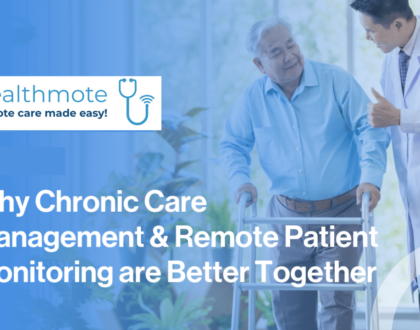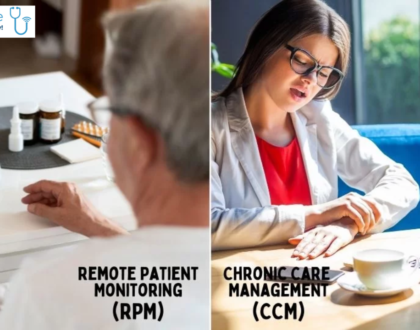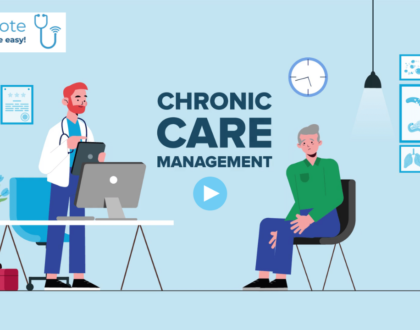
7 Common Remote Patient Monitoring Devices for Enhanced Healthcare
Remote patient monitoring has revolutionized healthcare by allowing patients to manage their health conditions from the comfort of their own homes. These innovative devices provide valuable data to healthcare providers, allowing for timely interventions and improved patient outcomes. In this blog post, we’ll explore seven common remote patient monitoring devices that are making a significant impact in healthcare today.
1. Blood Pressure Monitors:
– Blood pressure monitors allow patients to track their blood pressure levels regularly, providing valuable data for managing conditions such as hypertension and heart disease.
– These devices come in a variety of forms, including wrist monitors, arm cuffs, and Bluetooth-enabled devices that can transmit data directly to healthcare providers.
2. Glucose Monitors:
– Glucose monitors are essential for patients with diabetes to monitor their blood sugar levels accurately and efficiently.
– Advanced glucose monitors can provide real-time data and alerts for potential hypoglycemic or hyperglycemic episodes, allowing for timely interventions and adjustments to treatment plans.
3. Pulse Oximeters:
– Pulse oximeters measure the oxygen saturation levels in the blood, providing important information about respiratory function.
– These devices are particularly useful for patients with respiratory conditions such as COPD or asthma, as well as those recovering from surgery or illness.
4. ECG Monitors:
– ECG monitors allow patients to record their heart’s electrical activity, providing valuable data for diagnosing and managing cardiac conditions.
– These devices are often used to monitor patients with arrhythmias, heart failure, or other cardiac abnormalities.
5. Activity Trackers:
– Activity trackers, such as fitness bands or smart watches, monitor physical activity levels, sleep patterns, and other lifestyle factors.
– These devices can help patients stay motivated and engaged in their health by setting goals, tracking progress, and receiving personalized feedback.
6. Weight Scales:
– Weight scales allow patients to monitor changes in their weight over time, which can be an important indicator of overall health and wellness.
– These devices are particularly useful for patients with conditions such as heart failure, obesity, or kidney disease, where weight management is critical.
7. Thermometers:
– Digital thermometers allow patients to monitor their body temperature accurately, which can be an early indicator of infection or illness.
– These devices are essential for patients with conditions such as diabetes, where even minor fluctuations in temperature can indicate underlying health issues.
Remote patient monitoring devices play a crucial role in modern healthcare, empowering patients to take control of their health and allowing healthcare providers to deliver more personalized and proactive care. By incorporating these innovative devices in to their care plans, patients can enjoy greater convenience, improved outcomes, and enhanced quality of life.
At Healthmote, we’re committed to providing cutting-edge remote patient monitoring solutions & chronic care management service that revolutionize the way healthcare is delivered. Contact us today to learn more about our remote patient monitoring equipment and how it can benefit your practice or patients.
Read More Blogs:
How Chronic Care Management Benefits Patients – Healthmote
The Role of Remote Patient Monitoring and Chronic Care Management

 Linkedin
Linkedin

